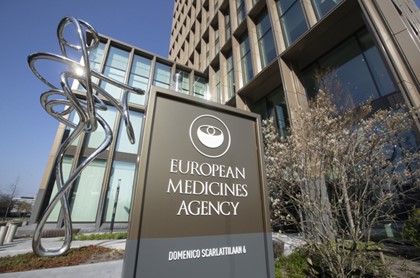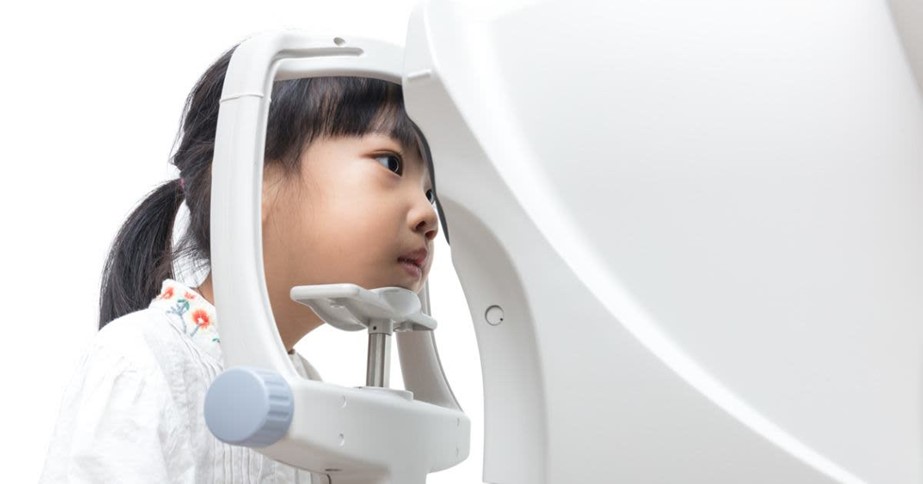Your privacy is very important to us. When you visit our website, please agree to the use of all cookies. For more information about personal data processing, please go to Privacy Policy.


European Medicines Agency Issues Positive Opinion on HuidaGene's Triple-Designation HG004 Orphan Designation Application
SHANGHAI and MIDDLETOWN (DE), December 12, 2024 –HuidaGene Therapeutics (“HuidaGene”), a global clinical-stage biotechnology company advancing programmable genome medicine, is pleased to announce that the European Medicines Agency (EMA) for Committee for Orphan Medicinal Products (COMP) has issued a positive opinion on the orphan designation application of HG004 gene therapy for inherited retinal dystrophy caused by dysfunction in the RPE65 gene. This designation reinforces HG004's potential to provide substantial clinical benefits over the approved gene therapy product LuxturnaTM (voretigene neparvovec).

HG004 is an innovative gene therapy that utilizes an optimized retinal pigment epithelium (RPE) tropism viral vector. It is designed to restore the visual cycle in patients with RPE65 gene mutations, improving light perception and preventing progressive retinal degeneration that leads to blindness. This orphan designation from the EMA complements HG004's earlier recognition by the U.S. FDA, which granted the therapy of both the orphan drug (ODD) and rare pediatric disease (RPDD) dual designations in 2023.

This milestone is particularly significant given the challenge of demonstrating a significant benefit over Luxturna, an already approved gene therapy. While Luxturna has been a milestone in gene therapy, it faces known limitations, such as progressive perimacular atrophy, as observed in real-world studies of Luxturna, highlighting the need for more effective and safer options. In contrast, HG004 in the first-in-human trial has demonstrated superior efficacy across key clinical endpoints, including full-field stimulus threshold, kinetic visual field, and best-corrected visual acuity, with a remarkable safety profile showing no evidence of progressive retinal atrophy. Notably, HG004 uses a lower vector dose (25 to 7.5 times lower and 1/3 lesser injection volume than Luxturna), contributing to more efficient gene delivery and minimizing the risk of retinal damage, a critical factor for long-term patient safety.
"We are thrilled to have received this orphan designation from the EMA, affirming the potential of HG004 to significantly benefit patients with RPE65-mediated IRDs, as shown in the 'LIGHT' first-in-human trial (NCT06088992) of HG004 conducted by Prof. Peiquan Zhao and his team in Xinhua Hospital affiliated with Shanghai Jiao Tong University School of Medicine," said Alvin Luk, Ph.D., M.B.A., C.C.R.A., CEO and co-founder of HuidaGene. "This is the second HuidaGene program to be granted triple designations by both the U.S. FDA and EMA, and it underscores the clear therapeutic advantage of HG004 over existing treatments like Luxturna. With this recognition, we are even more motivated to provide patients with safer and more effective treatment options, transforming the treatment landscape for inherited retinal diseases."
About Inherited Retinal Disease Caused by RPE65 Gene Mutations:
Inherited retinal disease (IRD) is a group of rare, genetically defined conditions that lead to progressive vision loss. The RPE65 gene mutations are among the most well-known causes of IRD, leading to diseases like Leber’s congenital amaurosis (LCA), severe early childhood-onset retinal dystrophy (SECORD), early-onset severe retinal dystrophy (EOSRD), and retinitis pigmentosa (RP). The RPE65-mediated IRD, with a typical onset between birth and five years of age, exhibit several common clinical findings, chiefly night blindness (light staring with profound nyctalopia and nystagmus), progressive loss of visual fields, and loss of central vision, significantly impacting quality of life and, in many cases, leading to complete blindness. Given the often severe and early visual loss associated with RPE65-IRD, other areas of development, including speech, social skills, and behavior, may also be delayed.
About HuidaGene
HuidaGene utilizes its proprietary CRISPR-based HG-PRECISE® platform to develop potentially curative genome medicine. The Company is advancing clinical programs, including trials of HG004 (granted ODD & RPDD by FDA) ‘LIGHT’ trial (NCT06088992) and Phase 1/2 international, master-protocol ‘STAR’ clinical trial (NCT05906953) in RPE65-associated retinal disease, HG202 RNA-editing therapy ‘SIGHT-I’ first-in-human trial (NCT06031727) and ‘BRIGHT’ Phase 1 clinical trial (NCT06623279) for nAMD, HG204 RNA-editing therapy (granted ODD & RPDD by FDA and ODD by EMA) ‘HERO’ trial (NCT06615206) for MECP2 duplication syndrome, and HG302 DNA-editing therapy (granted ODD & RPDD by FDA) first-in-human ‘MUSCLE’ trial (NCT06594094) for DMD. The preclinical programs include HG303 DNA-editing for ALS and CRISPR RNA-editing therapy for Alzheimer’s and Huntington’s Disease. With an extensive intellectual property portfolio, HuidaGene is a leader in genome medicines for neurology and ophthalmology. Learn more at huidagene.com or on LinkedIn.
recommendations
-
Dec 12,2024
HuidaGene Therapeutics Initiates M.U.S.C.L.E. Clinical Trial of HG302 for Duchenne Muscular Dystrophy and Completes First Patient Dosed
-
Apr 11,2025
HuidaGene at CRISPR MEDiCiNE 2025: A Celebration of Progress, Promise, and Patients
-
Nov 04,2024
HuidaGene Therapeutics Receives the First-Ever FDA Clearance of CRISPR/Cas13 RNA-Editing HG202 for Macular Degeneration
-
Dec 06,2024
HuidaGene Therapeutics Announced First Patient Dosed in the HERO Clinical Trial of HG204 for MECP2 Duplication Syndrome

